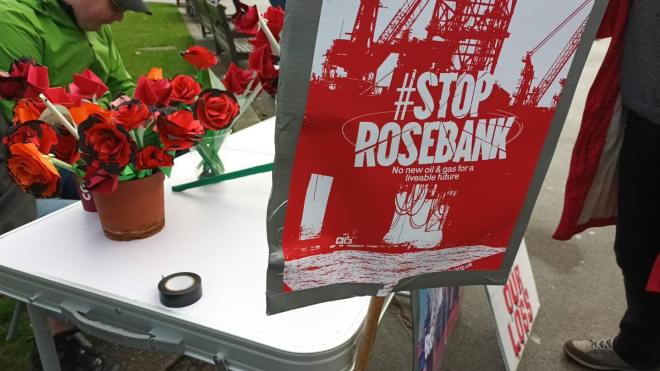- Level of opposition falls from 41% to 20% if new homes affordable for local people
- Support for new homes on brownfield land 20 points higher than for those elsewhere
- This polling supports CPRE’s campaign for the redefinition of ‘affordable’ housing in line with local incomes and its calls for a brownfield-first national housebuilding policy.

New polling by YouGov, commissioned by CPRE, the countryside charity, has revealed that half of people who object to new housing in their local area would support them if the homes were affordable to people on average local incomes.
Whereas 41% said they did not want to see the construction of more homes close to where they live, that proportion fell to 20% if those homes were locally affordable.
So-called ‘affordable’ housing, which can currently cost anything up to 80% of market rates, is usually anything but. CPRE is calling on the government to redefine the term in housing policy and link it directly to local incomes.
The results of the poll, carried out by YouGov, show that this change would encourage many people to support developments to which they would previously have objected.
The poll also showed an increase in support for new homes from 50% to 71% if they were built on brownfield land. There are enough ‘shovel-ready’ brownfield sites in England for 1.2 million new homes.
Building them could provide people with genuinely affordable housing – close to where they already live, work and go to school – and protect the countryside at the same time.
This is a major endorsement of the brownfield-first house building policy, which is critical to reducing the need to build on Green Belt land that could otherwise support nature restoration and other environmental benefits such as flood defences.
Developments in the Green Belt have been shown to underdeliver on affordability, while research published by CPRE in 2023 showed social homes accounted for less than 5% of those built on Green Belt land.
“The Green Belt is the countryside next door for 30 million people in the UK. It should be improved and protected to help us tackle the major environmental challenges we face, not covered with large, car-dependent ‘executive’ homes that local people neither want nor can afford.

CPRE chief executive Roger Mortlock said: ‘The results of this poll tell us that people want new homes to be affordable for local people and built on brownfield sites. Both are possible with enough political will and we want to see all parties make strong pledges to deliver that.
‘We need to move away from the idea that people in the countryside are against development. They want the same things as everyone else: housing on a scale and at a cost that’s appropriate for their local community that respects environmental limits.
“Land is this country in a finite resource and our countryside is working harder than ever to meet the multiple environmental and social challenges we face.
“For new housing we should prioritise inner-city brownfield development, urban densification and regeneration of towns, delivering the homes we need today while safeguarding the countryside for future generations to enjoy.’







